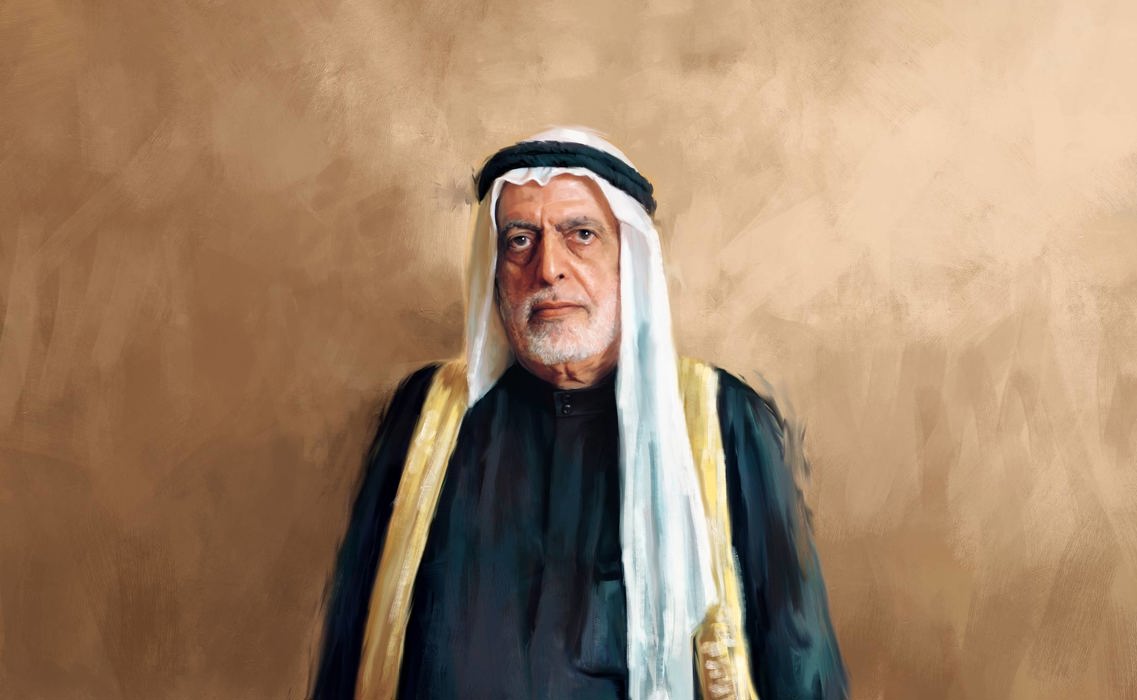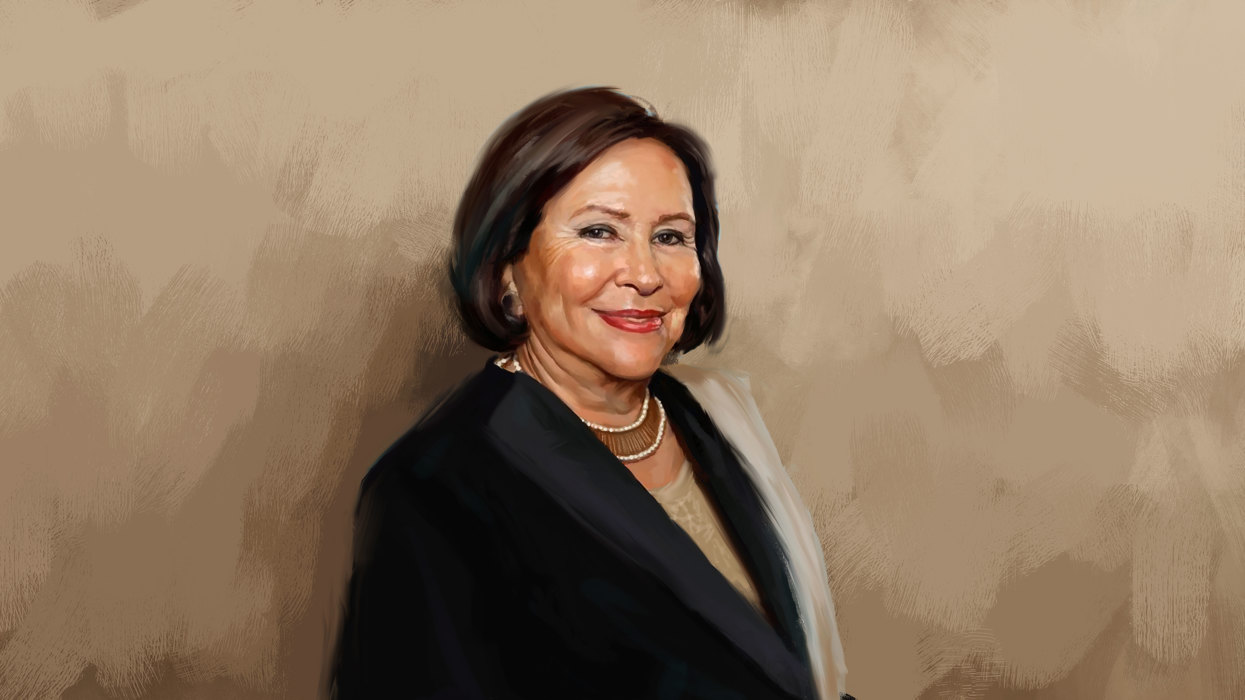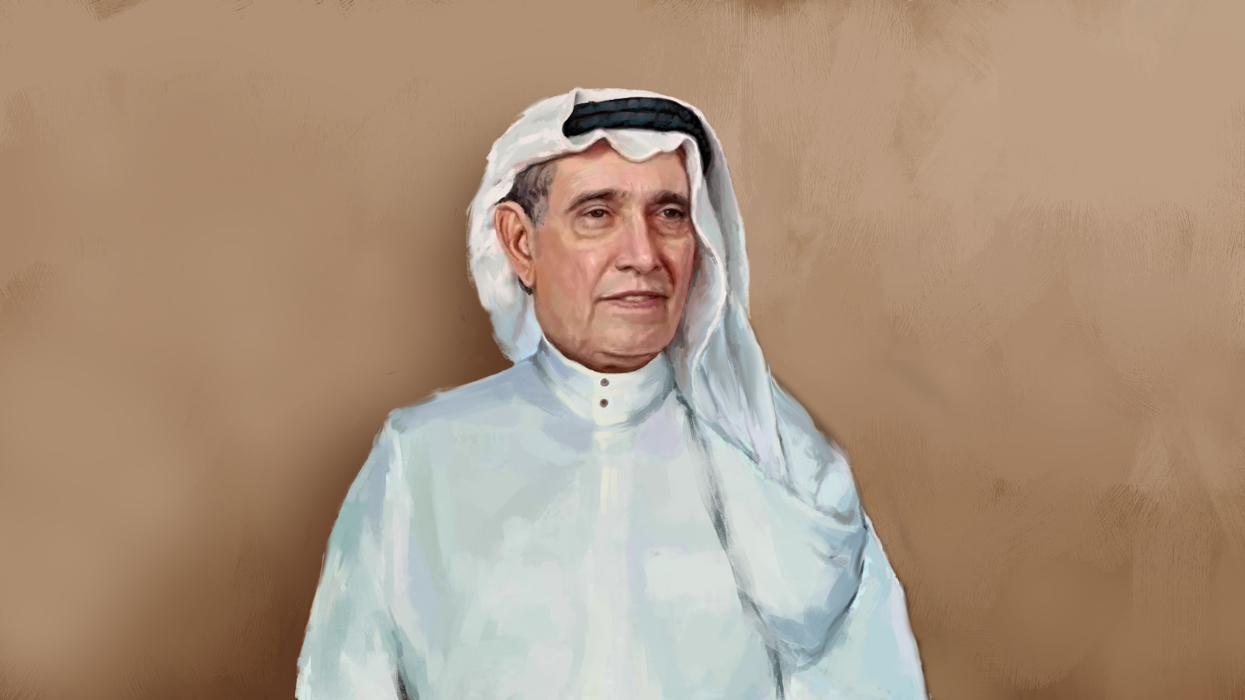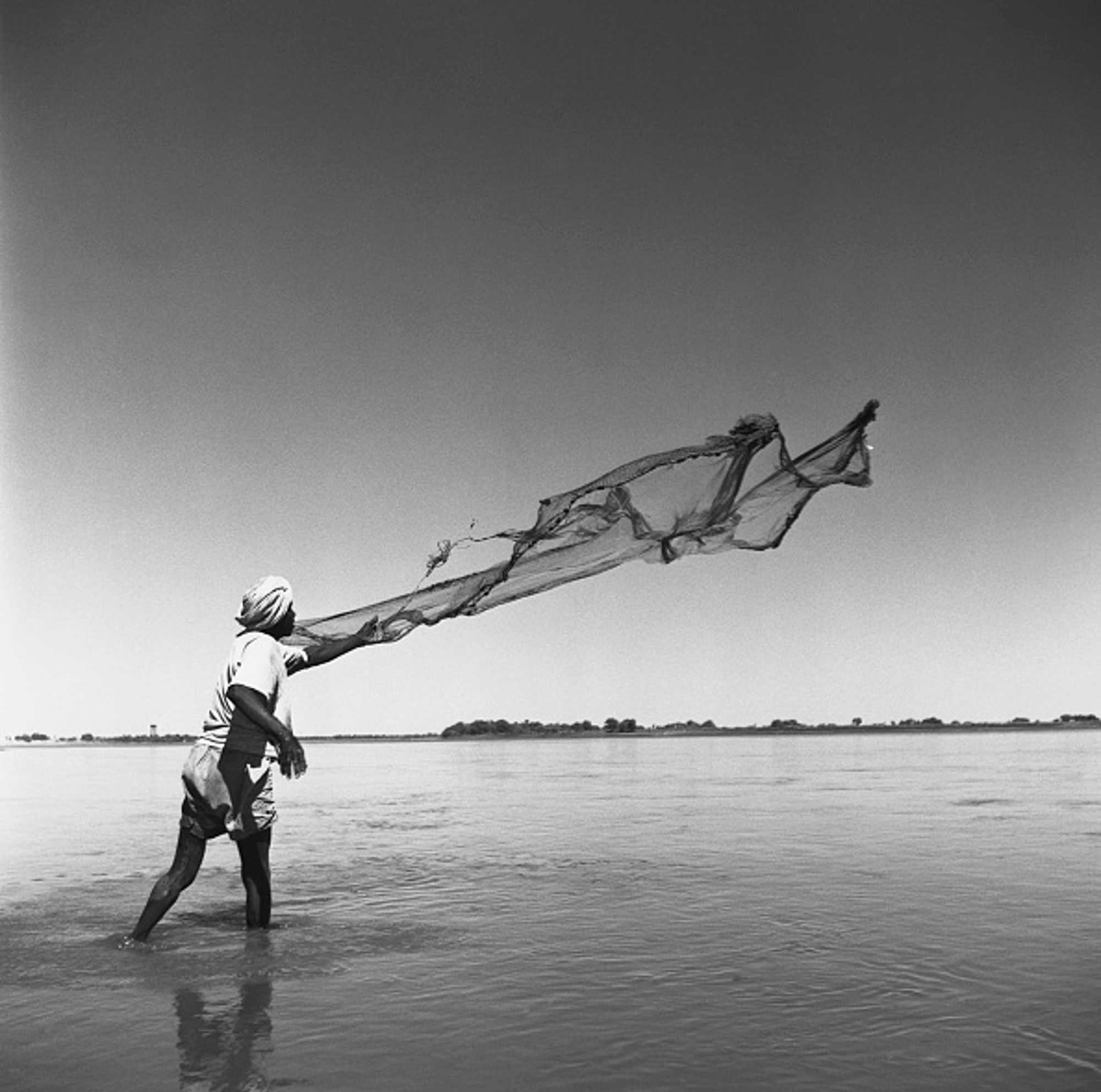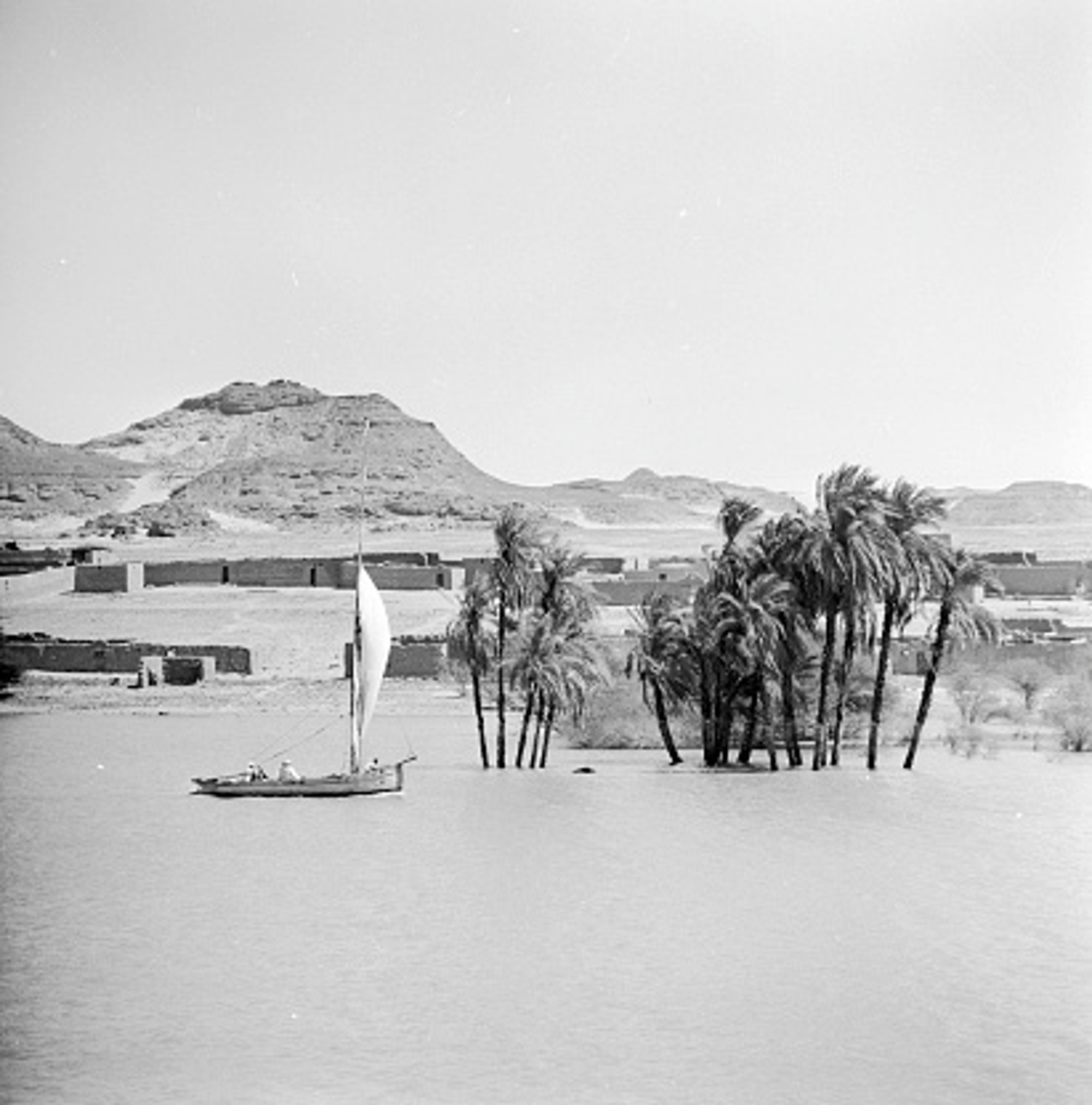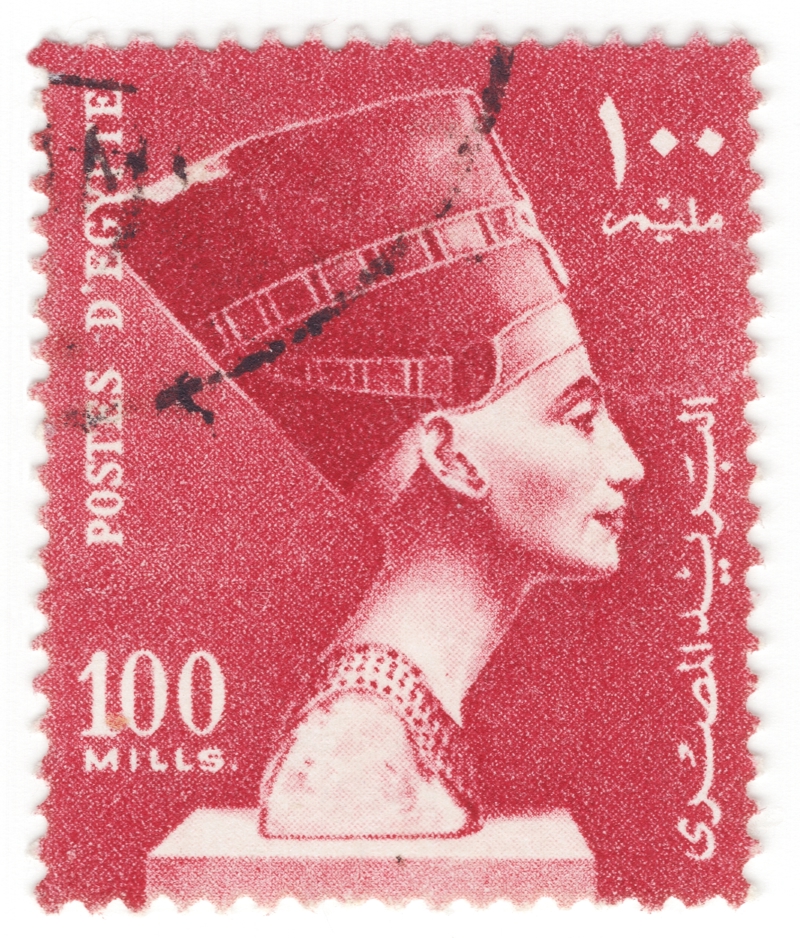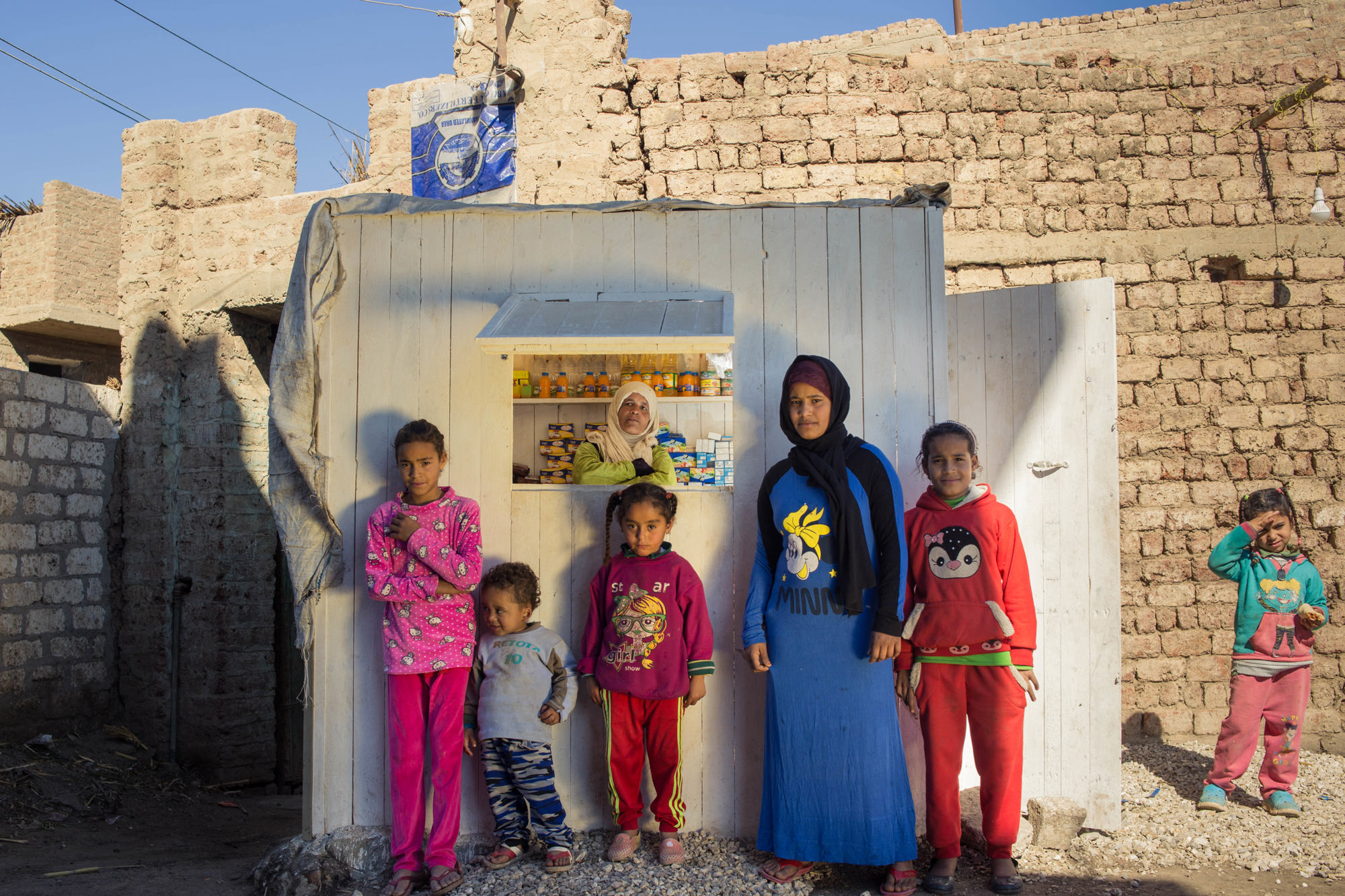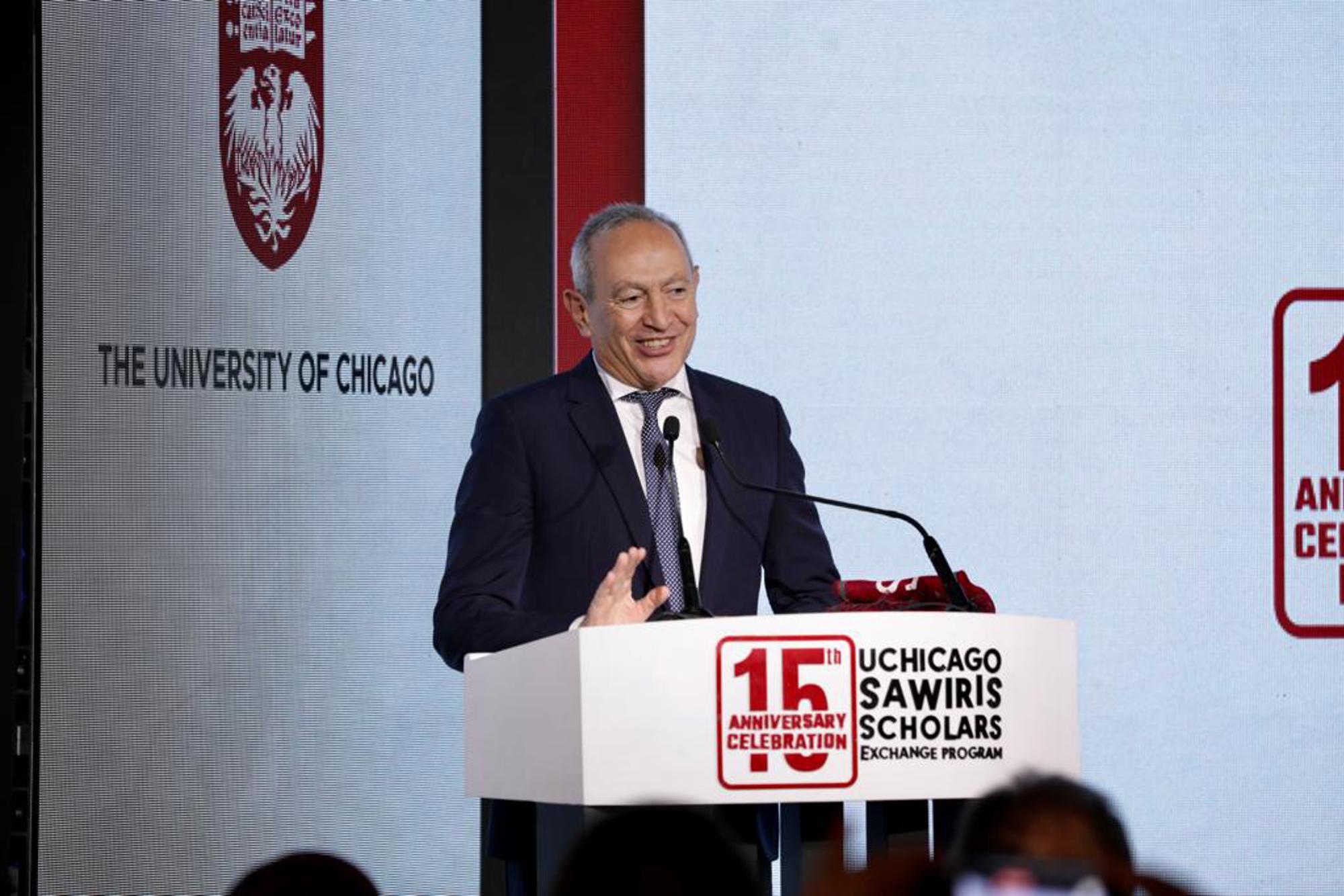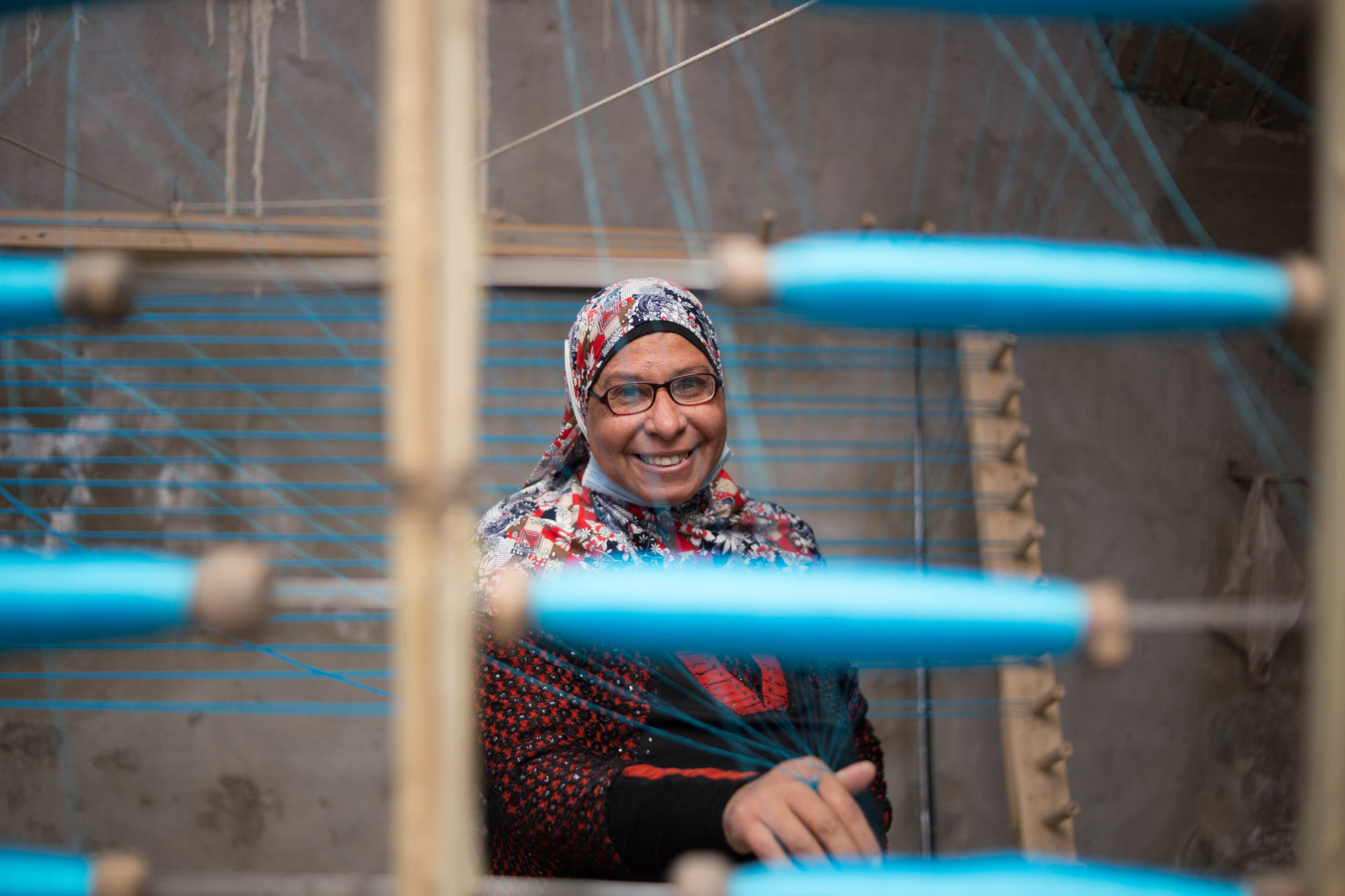On the 30th August 1930, Onsi Sawiri was born in Sohag, the Egyptian city known as the ‘Bride of the Nile’ located on the west bank of the famous river. The Sawiris were Coptic Orthodox Christians and owned a 52-acre farm that Onsi, the youngest of four, would eventually be tasked with overseeing when his three brothers followed their father Naguib into law.
Far from begrudging this responsibility, Onsi thrived in the fields. He attended Cairo University and graduated with a degree in agricultural engineering. After returning to manage the farm for two years, the construction of a new building on the family plot inspired the next level of his ambitions. At just 22 years old, Onsi would establish his own construction company, Onsi & Lamei Co.
“My first job was digging wells in 18 different localities in Upper Egypt,” recalled Mr. Sawiri before his death in 2021. “I was overjoyed. It was a turning point in my life. Construction has since been my passion.”
On New Year’s Eve of 1935, Yousriya Loza was born in Manfalout, an Egyptian city 70 miles north of Sohag. Her father was a local lawyer with an office close to home and a young Yousriya enjoyed a comfortable childhood.
Unlike many of her contemporaries, she also received a quality education. Just as her mother had done before her, Yousriya attended the American College for Girls in Cairo, which had been founded by the United Presbyterian Church of North America some four decades earlier. At the school’s 1910 inauguration, the then-US President Theodore Roosevelt told the assembled pupils, teachers, and parents: "I do not believe that any nation can rise to permanent greatness unless its women are fitted to play their part and dignity as man should play his."
Roosevelt’s visit came some years before Yousriya attended the school, which is today known as Ramses College, but it was a sentiment she would later embody in both her own life and her future philanthropy and social work.
It was here that Yousriya came to know her first cousin, Suzie Griess, with whom she would build an enduring personal and work relationship.
"Our mothers were first cousins so I've known her ever since she was at school,” Griess, based in Cairo, explains. “Yousriya is a giver. It’s natural for some people to just want to give. You see somebody with need and you have a lot of resources, so you just give. And that's what she did. Using a lot of her resources for the welfare of others."
